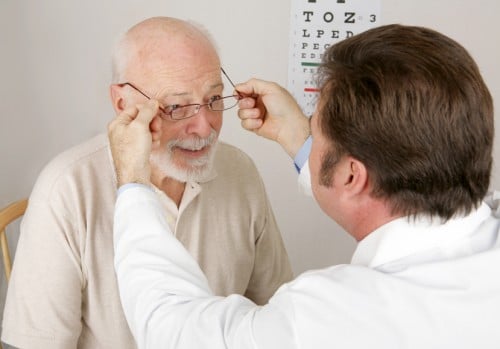Seniors Can Remain Independent Even While Experiencing Vision Loss
As we age, chronic conditions and physical changes may threaten our independence. Among these is vision loss or low vision. While at one time vision loss may have threatened independent living, there are many resources for senior independence and vision loss that make it possible to carry out the activities of daily living without requiring care.

Source: lisafx via iStock
According to the American Council for the Blind (ACB), more than seven million people over the age of 65 have experienced serious degrees of vision loss with most due to age-related conditions. As the baby boomer generation heads towards senior ages, this number is likely to double by the year 2030. The most common age-related conditions that are causing the serious vision loss are:
- Glaucoma
- Age-related Macular Degeneration
- Diabetic Retinopathy
- Cataracts
If you have not already experienced significant vision loss, or you have not been to see your eye care provider in some time, regular comprehensive eye exams including optomap® UWF™ digital imaging are critical to maintaining your vision. If you are experiencing vision loss, it is even more important to keep the monitoring schedule set by your doctor.
Senior Independence and Vision Loss
With many resources available, vision loss does not have to mean the loss of your independence. With the growing numbers of people having to adapt to losing their sight either wholly or partially, you are not alone. The ACB provides three key suggestions along with training and education that will help you maintain your independence:
- Learn to accept the reality of your situation. Seek help if you are struggling with the acceptance stage as this is the most crucial to your independence.
- Work on maintaining a positive attitude. Think in terms of “I can do this,” rather than assuming you can’t.
- Open your mind to new ways of doing things that will make living with your impairment easier.
Optos would like to stress the importance of regular comprehensive eye exams including optomap to help protect against vision loss or to help to preserve your remaining vision. Your eyesight may weaken as you age but there may be underlying conditions that will lead to blindness if not detected in their earliest stages.